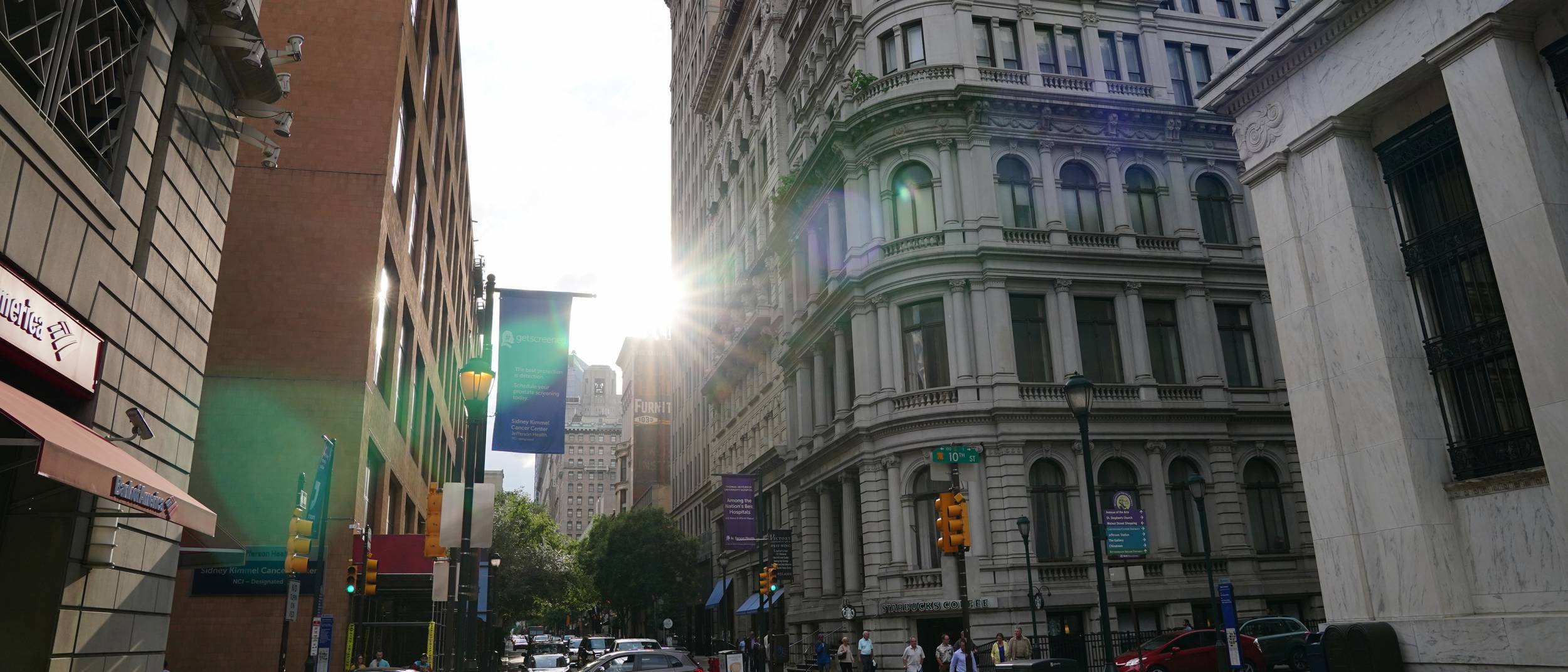The following is a compiled list of frequently asked questions. Please contact us if you need more information.

What is naloxone?
Naloxone is the opioid overdose antidote, sometimes known by its most popular brand name Narcan. Opioids cause overdose by suppressing the body’s normal reflex to breathe, and naloxone works by temporarily blocking the effect of opioids in brain. This is how naloxone saves lives!
There are a few different formulations of naloxone. The most common formulation is Narcan – it’s a nasal spray (similar to Flonase) that requires no assembly. You can obtain generic intranasal naloxone, but this version requires assembling the medication tube with an atomization device. Naloxone can also be given intramuscularly, either through an auto-injector (like an Epi-pen) or a syringe, but this is usually administered by healthcare professionals.
Where do I get naloxone? Do I need a prescription?
Naloxone is a prescription medicine, so you can get it from your doctor. Here in Pennsylvania, we also have a standing order that allows anyone to get naloxone from a pharmacist without an individual prescription. You can also get naloxone from the Department of Public Health and community organizations including Prevention Point Philadelphia if you are uninsured.
Where can I learn how to administer/give naloxone?
There are a number of trainings around Philadelphia and the suburbs! Click here for a list of upcoming naloxone trainings in the area. Also, if you have a group of people interested in being trained, we’d be happy to arrange a private training! Fill out this contact form and someone from our team will reach out to schedule.
How long does it take for naloxone to start working?
It depends on the formulation. Naloxone nasal spray takes about two to three minutes to begin working. If the person doesn’t wake up in this time period, you should give a second dose of Narcan (if available).
I’m not a doctor, can I give naloxone?
Yes! Research shows naloxone can be administered safely and effectively by laypeople. Narcan nasal spray is so easy to use, even children can learn how to administer it.
Can I hurt someone? What if a child accidentally uses naloxone, will it hurt them?
No, naloxone is a very safe medication. If used by someone without opioids in their system, at worst it may cause a runny nose or discomfort. The only exception would be if someone is allergic to naloxone, however, this is extremely rare.
Can I get in legal trouble?
Pennsylvania’s Act 139 has a ‘Good Samaritan’ provision that grants immunity from civil liability and criminal prosecution to anyone who administers naloxone “in good faith.” The law also provides certain civil and criminal protections for anyone who calls 9-1-1 to report an overdose, so that they cannot get in trouble for being present, witnessing, and reporting an overdose.
What happens if I give naloxone to someone who didn’t overdose?
Naloxone has no effect on someone without opioids in their system. If you aren’t sure and someone looks like they are having an overdose, go ahead and give the naloxone. We recommend calling 9-1-1 at the first sign of an overdose so help will be on the way in the event that something else is going on.
What if I’m not sure what drugs someone has taken?
Naloxone won’t have any impact at all — good or bad — if opioids are not present. If someone has signs or symptoms of an overdose and is not breathing, give them naloxone. Opioids are the most common cause of overdose death in Philadelphia.
Does naloxone encourage risky drug use?
No. Research shows that wider availability of naloxone does not encourage more opioid use, and only saves lives. In fact, communities with better access to naloxone had significantly fewer deaths than those with less naloxone distribution.
Can I overdose from touching fentanyl if I try to help someone who is overdosing?
Click here for more information about why this is a myth.
Will purchasing naloxone affect my ability to obtain insurance?
Unfortunately, we are not aware of any policies right now that protect individuals who purchase naloxone through their insurance. If this is a concern, attend an in-person naloxone training with the Philadelphia Department of Public Health, or pick some up at one of the upcoming naloxone giveaway days at the Free Library of Philadelphia.
Is there any other way to reverse an overdose? I’ve heard a cold shower or slapping them can help.
Only naloxone will reverse the effects of an opioid overdose. If naloxone isn’t available, you should give rescue breaths until the person wakes up or until EMS arrives. If you suspect someone has overdosed, ALWAYS call 9-1-1.
Does naloxone expire? Should I use expired naloxone?
Naloxone technically expires after one year. However, if it’s all you have, the medication will likely still work past the expiration.